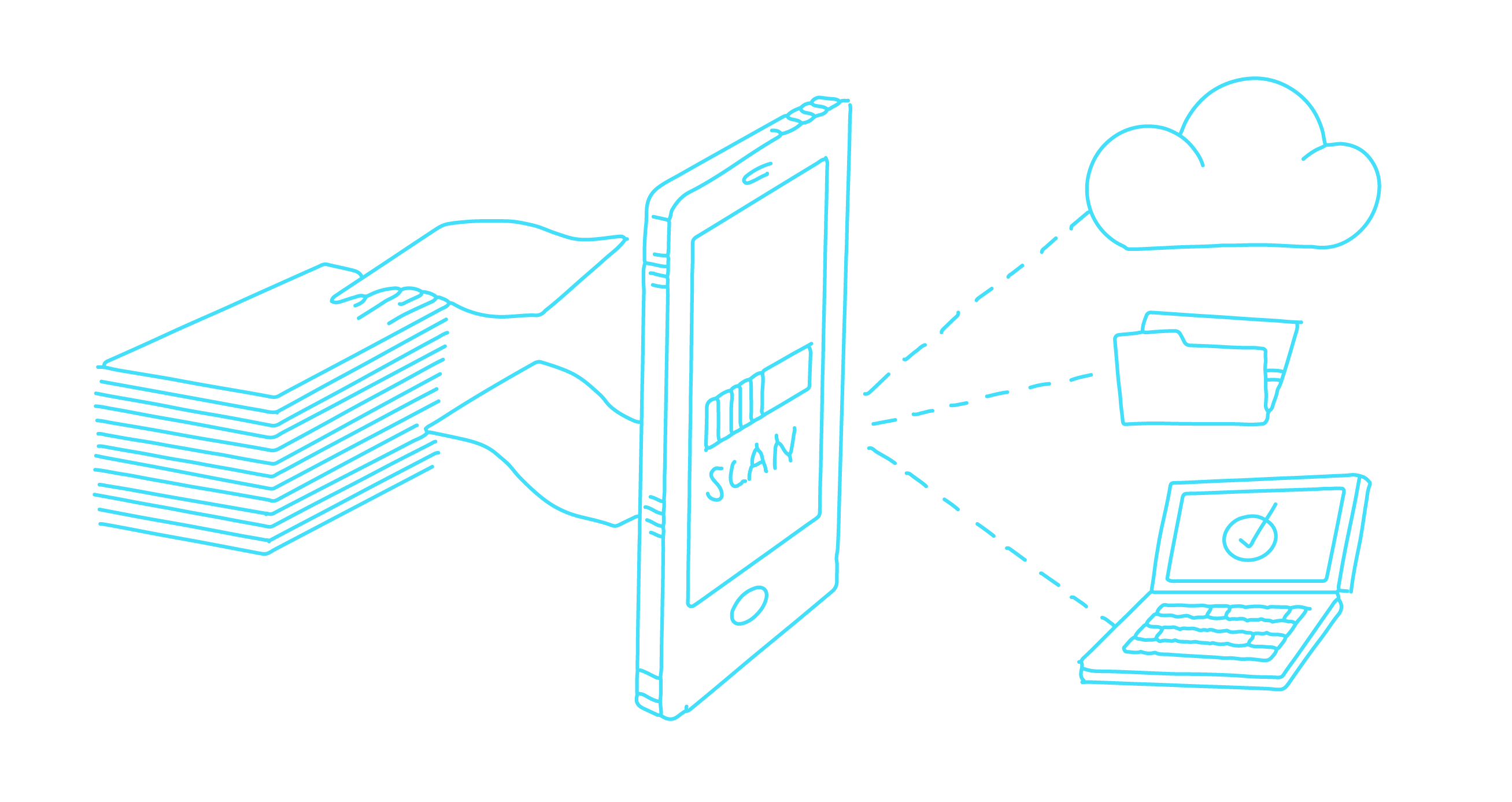
Strengthening students' digital skills
Three teaching projects at the University of Konstanz awarded funding in the "Freiraum 2022" programme
Developing and testing new ideas in university teaching – that is the goal of the projects successful in the "Freiraum 2022" funding programme of the foundation "Stiftung Innovation in der Hochschullehre". Three of these projects are from the University of Konstanz. The foundation highlighted the projects' potential for innovation, as they go beyond existing teaching and learning settings to test new concepts for study and teaching. The three projects are "AgilePA" from Professor Ines Mergel, professor for public administration and digital governance in Konstanz, and the projects "LearningSTAR" and "digiSTAR" from Professor Johannes Huwer, professor for teaching methodology in the natural sciences at the University of Konstanz and the Thurgau University of Teacher Education (PHTG).
Project AgilePA
During the coronavirus pandemic, the need grew for a more agile and digitized public administration. However, since the legal leeway is so narrow for administrative processes, these calls for transformation quickly run up against barriers that make it more difficult to learn modern methods and new technological applications in this context. This is where "AgilePA" comes into play in identifying the skills required for agile and digital administration and in integrating these competencies already in public administration study programmes. The goal is to prepare students optimally for the demands of their future workplaces. "We aim to introduce students to the theories and methods of agile public administration early in their training so that they can apply them later in the routines used in the process-oriented, rigid line organization of public administration", says public administration professor Ines Mergel.
LearningSTAR
Digital skills are also the focus of the other two projects that both target teacher education students. "LearningSTAR" was developed by the University of Konstanz and the PH Weingarten, and it aims to provide a digitally enhanced learning environment for real-life laboratory situations involving specific experiments from teaching in the natural sciences and technology contexts. "This way, teacher education students can get to know common mistakes made in giving instructions for experiments, diagnose errors and, thereafter, try out different potential responses", says Johannes Huwer. The project will use Augmented Reality (AR) to do so.
digiSTAR
The "digiSTAR" project collaboration with TU Kaiserslautern will provide students already in the first semesters with learning blocks of suitable, digital teaching methodologies. For example, these can be multimedia, self-learning modules, AR supplements, e.g. that make it easier to visualize the particle level, or the targeted integration of the digital recording of measurements and data analysis in labs. Huwer explains: "Teacher education students in the natural sciences design digital learning environments based on the results of current research on teaching methodology, use this input in real micro-teachings and then get direct feedback from the target group."
The projects have been approved to start presumably in September 2022.
Key facts:
- Three projects at the University of Konstanz successful in the "Freiraum 2022" programme from the "Stiftung Innovation in der Hochschule" (total funding amount: 390,515 euros)
- Project "AgilePA" (teaching agile methods in the area of public administration): funding amount: 107,573 euros, duration: 25 months
- Project "digiSTAR" (in collaboration with TU Kaiserslautern): total funding amount: 243,175 euros, amount for University of Konstanz: 158,150 euros, duration: 25 months
- Project "LearningSTAR" (in collaboration with PH Weingarten): total funding amount: 249,584 euros, amount for University of Konstanz: 124,792 euros, duration: 12 months
- Projects plan to start: September 2022
